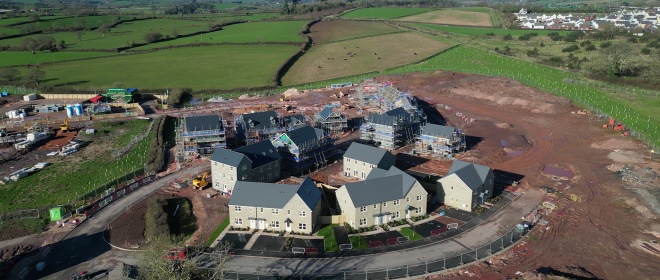In 2019, the world watched as flames consumed the Notre Dame Cathedral, an irreplaceable cultural treasure. Yet, against all odds, the cathedral is poised to reopen this year, a testament to extraordinary skill and determination. In stark contrast UK restoration projects can take decades – or fail to materialise in favour of demolition. In this […]









